
Somewhere in 2003, the John Agyekum Kufuor government passed the Debt Recovery Fund Levy Act 2003 (Act 642), popularly known as Tema Oil Refinery (TOR) Debt Recovery Levy. The purpose of this levy, which was imposed on petroleum products was to retire about GH¢450 million debt owed by TOR at the time.
But despite the collection of this levy, TOR’s debt ballooned from GH¢450 million to GH¢900 million as of the end of 2009. As a matter of fact, no meaningful investments were made to revitalise the operations of the state owned oil refinery. Today, TOR is a pale shadow of its former self. It is unable to refine crude oil to even meet half the demand of petroleum products we consume in the country.
The big question is: where was the revenue from the TOR recovery levy going to? Unfortunately, neither the Kufuor nor Atta Mills-John Mahama governments were able to answer this simple question.
Fast forward to 2015, the John Mahama administration also introduced The Energy Sector Recovery Levy under the Energy Sector Levies Act, 2015. The primary goal was to address the sector’s financial challenges and debts. Among them were debts owed to power producers and distributors.
The new levy was also meant to support capacity charges in the energy sector, ensuring that power plants are compensated for their readiness to generate electricity. The same levy was also meant to buy fuel for thermal power plants, which were essential for generating electricity. In a nutshell, the overall aim of the levy was to ensure stable power generation in the country.
But despite the good intention behind the energy sector recovery levy, the Akufo-Addo administration, seeing it as a low hanging fruit, decided to use revenue accruing from the levy as collateral to secure loans from the international capital market. The weird decision affected the purpose for which the levy was instituted.
According to Finance Minister, Dr. Cassiel Ato Forson, the energy sector debt currently stands at $3.1 billion and that $3.7 billion dollars are required to clear the arrears fully. He told parliament on Tuesday, this week, that the government needed an additional $1.2 billion to procure fuel for thermal power generation for the year 2025. These huge debts, in our opinion, should have been retired by the energy sector levy by now, but regrettably, this is not the case.
With the Independent Power Producers (IPPs) threatening to stop power generation if debts owed them by the government are not paid, the John Mahama government, through his finance minister, Cassiel Ato Forson, on Tuesday, this week, introduced the Energy Sector (Amendment) Bill under a certificate of urgency in Parliament. The purpose of this bill, which had since been passed into law, is to raise additional revenue to support the payment of the energy sector shortfalls, reduce energy sector legacy debt and stabilise power supply.
Ideally, such laws to raise revenue for the development of the country shouldn’t raise any eyebrow, but looking at our past experiences, as we have enumerated above, The Chronicle in particular is skeptical about the new levy. If TOR recovery and Energy sector recovery levies could not achieve the purpose for which they were introduced, why should Ghanaians accept the amended version that has just been introduced? Is it not going to suffer the same mismanagement as happened in the past?
Though Dr Cassiel Ato Forson, the finance minister, argued before his colleague MPs that the new levy would not seriously affect Ghanaians because of the appreciation of the Cedi and reduction in fuel prices, it is still a levy. Though we are not ignoring the role the appreciation of the Cedi is playing in bringing down the ex-pump prices of petroleum products in the country, the fact also remains that crude oil prices at the international market have reduced.
We do not pray for this to happen, but should the prices of crude oil start to rise at the international market, it will affect the ex-pump prices at the local market as well. This would have dismissed Ato Forson’s argument that the new levy would not affect the pocket of Ghanaians. But notwithstanding our opposition, if the new levy will indeed be used for the intended purpose, we believe it will serve the best interest of the country, especially looking at the way the power producers are holding the country to ransom.
The Chronicle is, therefore, advising the John Mahama government to periodically brief Ghanaians on how much has accrued to the state from the new levy. Ghanaians must also be told anytime the IPPs are paid and how much of the debts are left. If the tax payer is aware that what he is paying is being put into proper use, he will be ready to accept the levy, instead of opposing it. We also think when the purpose for which the new levy was established is fully realised, it must be retired and taken off the books, since it has no sunset clause.
We hope those who have listening ears are reading us.
The post Editorial: The New Fuel Levy: Is It Justifiable? appeared first on The Ghanaian Chronicle.
Read Full Story
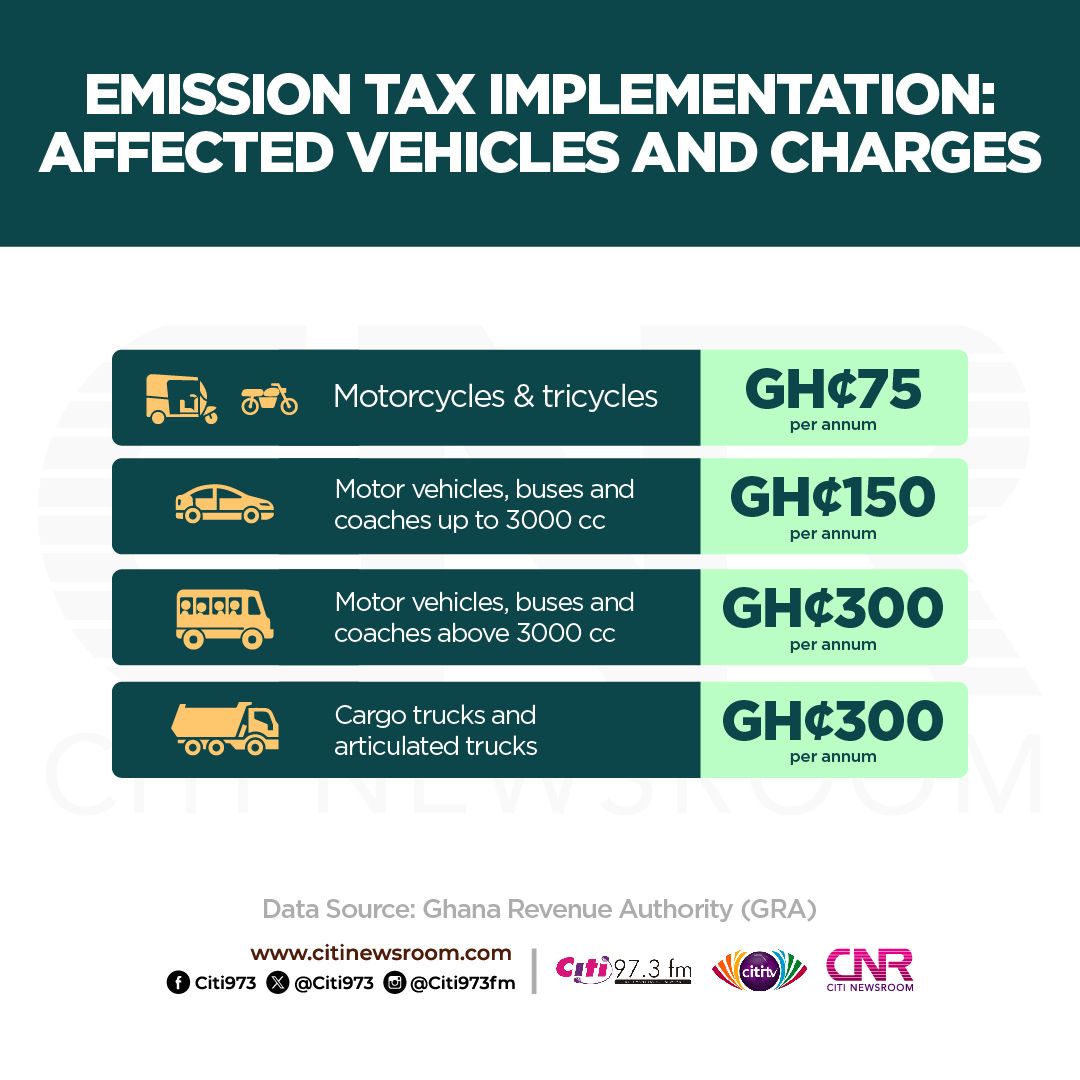


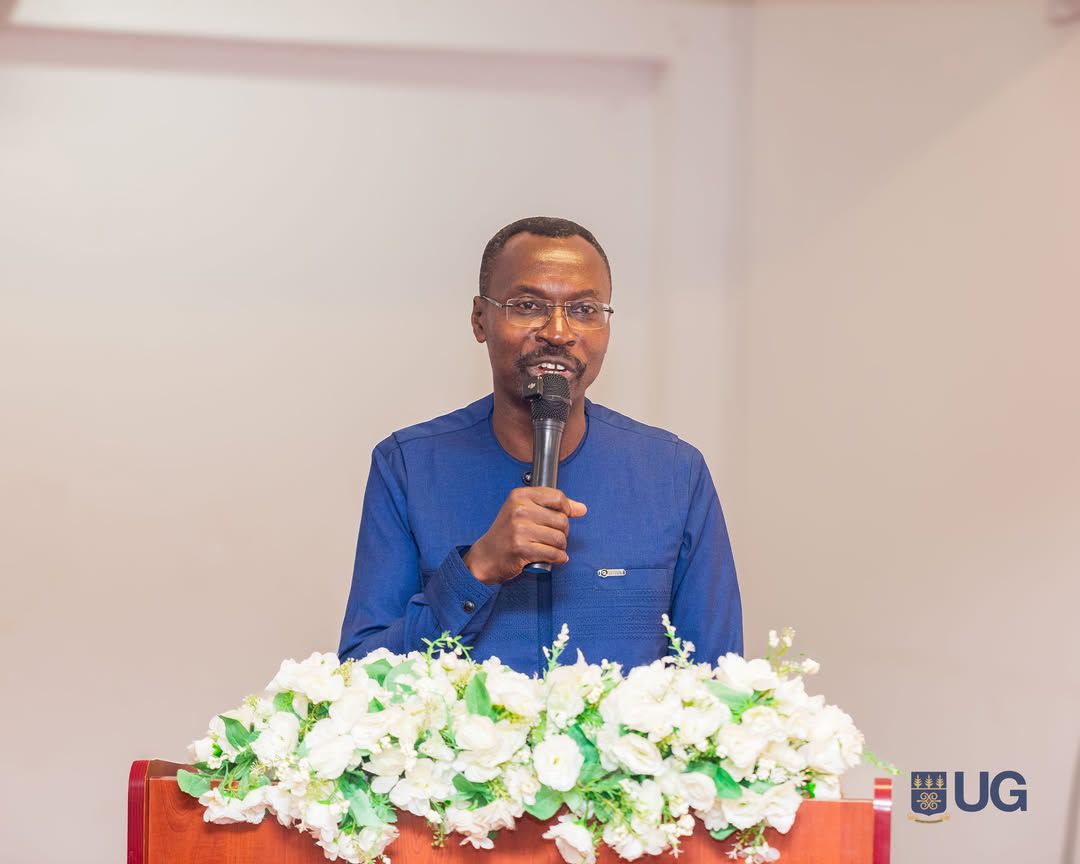
![Dormaahene hails Mahama, vows to carry him at his back if cedi hits GH?8 to $1 [Video]](https://sportal365images.com/process/smp-images-production/pulse.com.gh/01062025/e9150a95-eb04-4066-bf2d-fef977524ffe.png)


![Hajia4Reall makes a bold comeback with new music after U.S prison sentence [Video]](https://sportal365images.com/process/smp-images-production/pulse.com.gh/01062025/88287b98-5b5d-4e81-b3b1-c4adb7b6ee54.png)

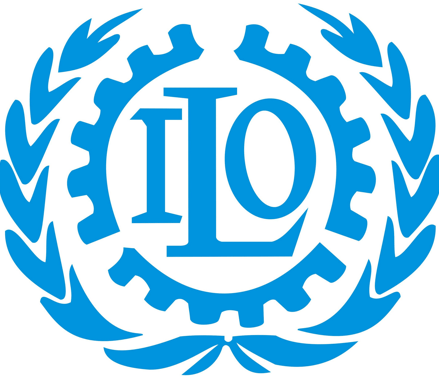
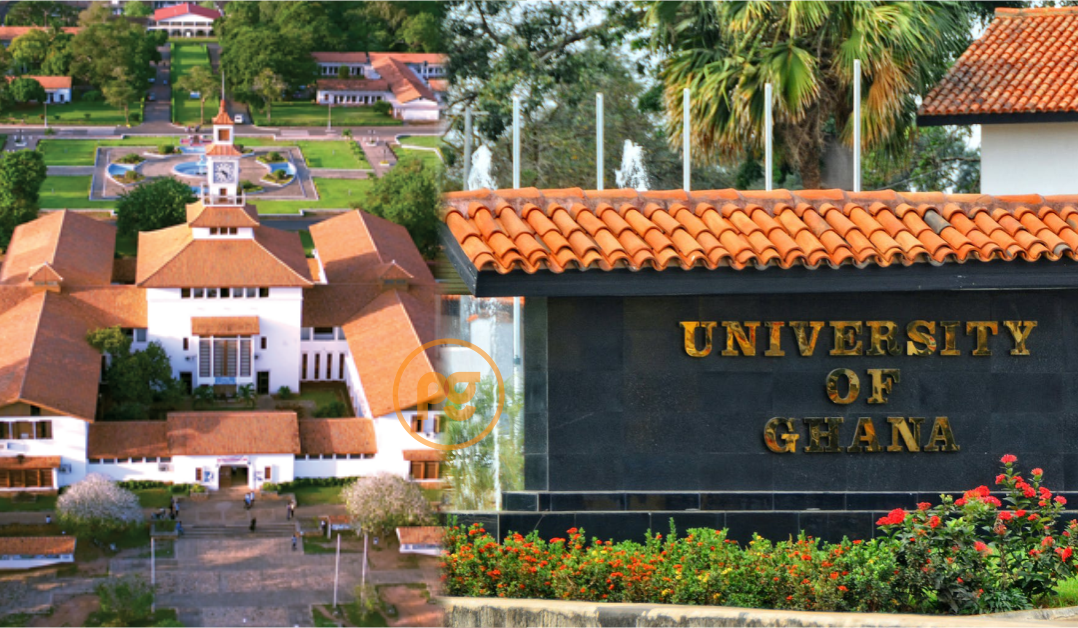



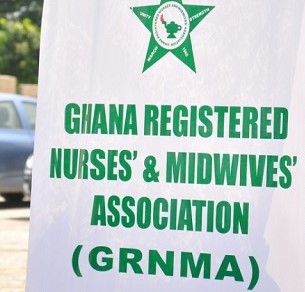






Facebook
Twitter
Pinterest
Instagram
Google+
YouTube
LinkedIn
RSS